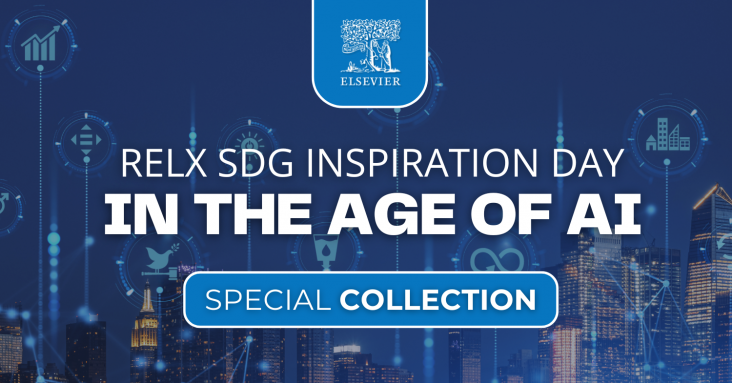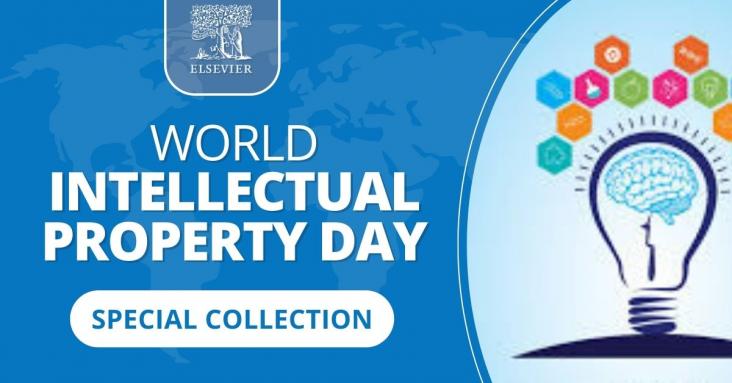Strengthen the means of implementation and revitalize the global partnership for sustainable development

This year’s RELX SDG Inspiration Day will bring together global AI leaders, corporate representatives, investors, government, and NGOs to explore issues, gain practical insights and be inspired to take action in support of the Global Goals. Elsevier is proud to share this special collection of articles and chapters in celebration of this event.

World Intellectual Property Day, observed each year on 26th April, is an opportunity to celebrate the contributions made by inventors and creators around the world and to explore how IP contributes
The study forecasts AI-based innovation's impact on SDGs in 22 countries from 2022 to 2030 using System Dynamics Modeling. In most of the 22 countries studied, AI-based innovation positively affects SDGs 1, 3, and 5. For half of the countries studied, AI-based innovation positively influences SDGs 2, 4, 6–8, 11, 13, and 16–17. AI-based innovation does not positively influence SDGs 10, 12, 14–15 for most countries studied.
Alzheimer's disease (AD) stands as the most prevalent form of neuropsychiatric disorder among the elderly population, impacting a minimum of 50 million individuals worldwide. Current pharmacological treatments rely on the prescribing cholinesterase inhibitors and memantine.
Alzheimer's disease (AD) presents a growing global challenge, with an increasing prevalence and significant impact on individuals and public health.
Coffee, a universally consumed beverage, is known to contain thousands of bioactive constituents that have garnered interest due to their potential neuroprotective effects against various neurodegenerative disorders, including Alzheimer's disease (AD).
Green tea is a beverage consumed hot and cold worldwide for its taste and health benefits.
Humans harbor complex communities of microbes, predominantly bacteria, that live symbiotically within the colon. There are several factors that influence the trajectory of gut microbiota in infants such as birth term, mode of delivery, and dietary habits.
Elsevier, A Review on Diverse Neurological Disorders: Pathophysiology, Molecular Mechanisms, and Therapeutics, Volume , 1 January 2024
Due to the aging population, both Alzheimer's disease (AD) and Parkinson's disease (PD) are degenerative brain disorders that are now recognized as important public health issues.
A sustainable future requires securing of the fundamental relationship between humans and biodiversity. This article highlights the importance of tapping into Indigenous and local knowledge for the conservation of biodiversity
